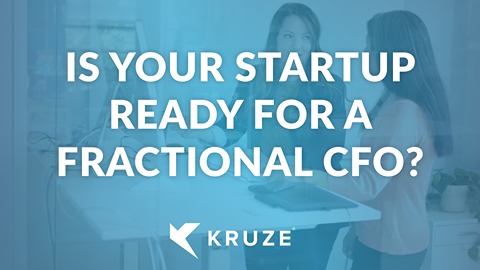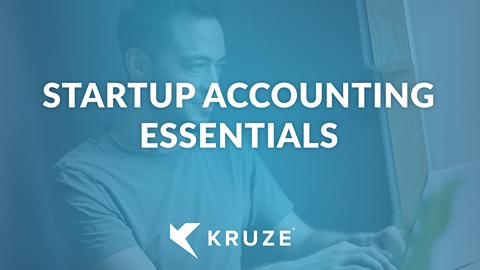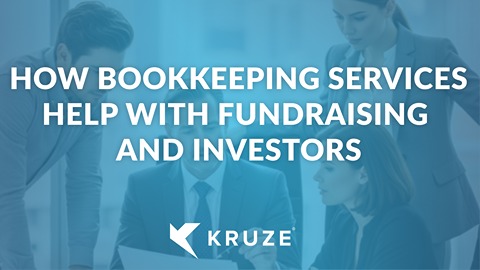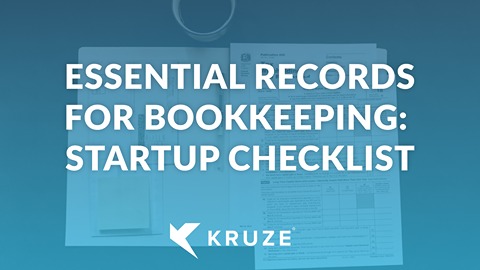Simple agreements for future equity (SAFE) notes have become a very popular way for founders to finance startup companies, and the qualified small business stock (QSBS) tax exemption is an important tax shelter for investors. It’s reasonable to ask how these two things work together, and if SAFE notes qualify as QSBS and start the five-year holding clock.
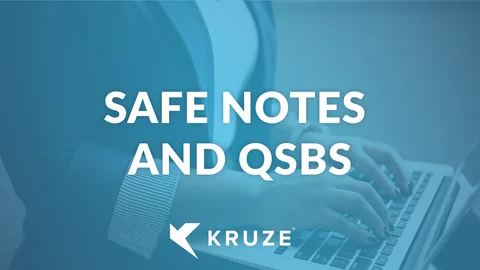
What is the QSBS tax exemption?
The QSBS tax exclusion allows individual investors who own stock in qualified businesses for at least five years to avoid paying capital gains taxes when selling those stocks, for up to $10 million or ten times the initial investment. Qualified businesses fall into specific industries, including technology, manufacturing, wholesale, and retail - but other industries like hedge funds are prohibited from taking this tax benefit (startups that have raised a lot of funding should be careful not to look like an investment company for QSBS purposes). There are additional requirements, but for startup investors who back successful small businesses that are qualified, the QSBS tax benefit can create a significant amount of tax savings.
How do SAFE notes work?
SAFE notes are a relatively new financing option for startups, launched by startup accelerator Y-Combinator in 2013. SAFE notes are an agreement that converts into a specified amount of stock, usually at the next funding round. An investor makes a cash investment into a company, but the actual stock they receive is distributed at a later date. So does the five-year holding period required by the QSBS exemption start when the SAFE note is executed, or when the stock is issued? This is extremely important to investors, who would prefer that the five-year clock start when the SAFE note is issued, so they are eligible for the tax exemption sooner.
The IRS’ opinion on SAFE notes and QSBS
This is an ongoing debate, and the IRS hasn’t provided any real guidance to date. Currently some of the law firms that work with startups and larger incubators, like Y-Combinator, are inserting clauses into SAFE notes that state that for tax purposes, the SAFE note is to be treated as common stock. That would mean the QSBS clock starts when the SAFE note is executed, and not when it converts to stock.
Eventually the IRS will clarify the relationship between SAFE notes and the QSBS tax exemption, or it will be tested in litigation. But in the meantime this is a gray area, and startups and venture capitalists should make their best efforts to structure SAFE notes as clearly as possible, and be very careful about warranting or guaranteeing any SAFE note as QSBS compliant. Investors should be cautious if they are using any portion of the SAFE note holding period to satisfy the QSBS five-year requirement until the tax law around this is settled by the IRS. If you have questions about SAFE notes and the QSBS tax exemption, please contact us.
